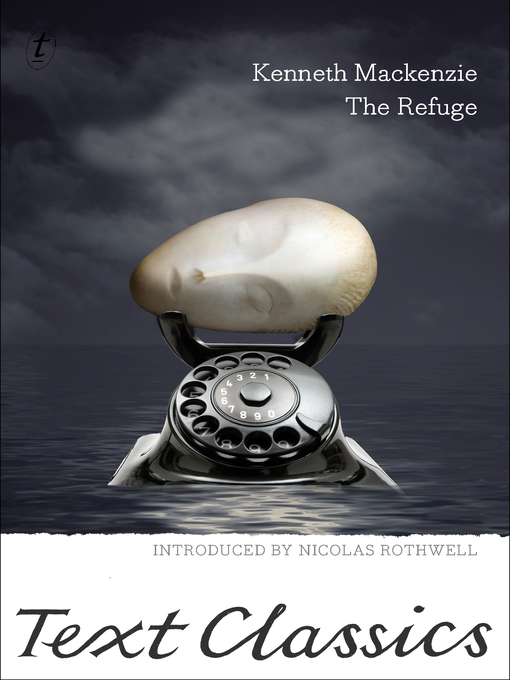Late at night Lloyd Fitzherbert, police reporter with the Sydney Gazette, is picked up by his man in CIB - for a last-minute job that won't take a minute - at the morgue. A body has been found in the harbour. Irma, a beautiful young woman who fled persecution in Nazi Europe, is dead.
She was Fitzherbert's lover. And, though the police don't know it yet, he killed her.
Gripping and atmospheric, The Refuge is a murderer's confession - a tale of wartime Sydney, with its paranoia about communism and spies. Kenneth Mackenzie's last novel is utterly different to his lauded debut, The Young Desire It, yet it shares that book's psychological acuity and mastery of language.
Kenneth Mackenzie was born in 1913 in South Perth. His parents divorced in 1919, and thereafter he lived with his mother and maternal grandfather. Unhappy years boarding at Guildford Grammar School were the basis for his highly acclaimed first novel, The Young Desire It, which was published in London in 1937. Mackenzie's subsequent novels were The Chosen (1938), Dead Men Rising (1951), based partly on his experience of the Cowra breakout and The Refuge (1954); he also produced two volumes of poetry. He received a number of grants and awards, including the Australian Literature Society Gold Medal.
'The history of a crime told as excitingly and with as much dramatic tension as anything by Graham Greene or Raymond Chandler.' Kenneth Slessor, Sun
'Remarkable...A genuine personal tragedy.' A. D. Hope, Sydney Morning Herald
'Fascinating, extremely skilful and subtle.' Sun-Herald
'One of our most gifted novelists.' Sunday Observer

